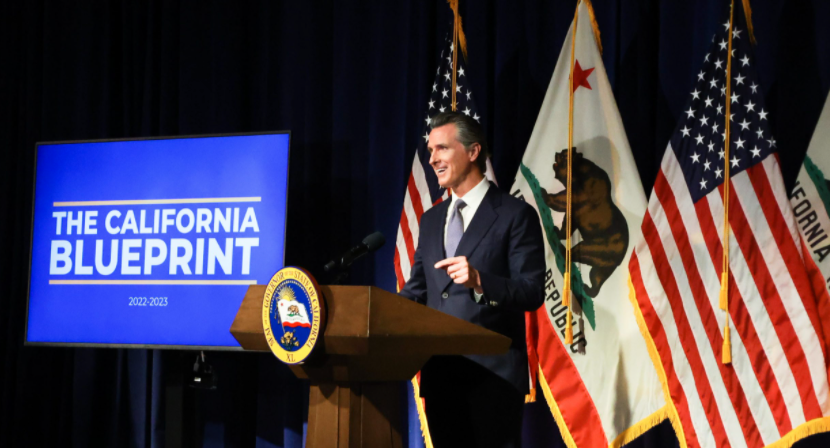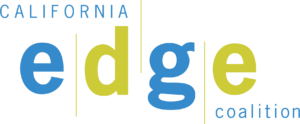
On January 10th, Governor Newsom released the much anticipated 2022-23 state budget proposal which contains a total of $286 billion investments aimed to support working families, students, adult learners, and the business community. EDGE applauds the administration for the inclusion of education and workforce training investments geared towards addressing climate justice and the healthcare sector – all while centering equity and economic mobility for all Californians. Below are several highlights of the budget proposal related to workforce development and higher education:
- $2 Billion in workforce training investments over 3-years, focusing on three sectors: climate, the care economy, and education. Some of the proposed items include:
- $15M one-time General Fund (GF) to support a workforce training pilot to train displaced oil and gas workers in remediating legacy oil infrastructure.
- $30M GF over 2-years in grants for community colleges to train, develop, and certify forestry professionals and expand the workforce to support forest health and fuel reduction projects.
- $350M GF to recruit, train, and certify 25,000 new community health workers by 2025.
- $340M GF for training and career advancement programs for people with barriers to employment, in alignment with the Workforce Council for Healthcare Training priorities. Funding supports collaborations and training programs among CBO’s, local workforce boards, labor unions, educational institutions, and employers to build partnerships and pathways into family-sustaining healthcare jobs.
- $130M one-time Prop 98 through the Adult Education program to support healthcare-focused vocational pathways for English language learners to increase language and cultural diversity in the field.
- $90M GF for Employment Training Panel to support job entry and career advancement for entry-level and other workers in health and human service settings, with $40M intended for social worker training.
- Other higher education & training investments
- Cost of Living Adjustment increase of 5.33% to support community colleges.
- $30M to the Employment Development Department’s Workforce Services Branch to expand the English Language Learner pilots in the Integrated Education and Training programs to 15 sites. These programs will combine English language instruction with vocational skills training for in-demand occupations.
- $20M for the Employment Training Panel to expand workplace literacy training in contextualized English learning, digital skills, and technical skills training for incumbent workers.
- $10M to expand earn-and-learn pathways for community college students through the California Youth Leadership Corps, a new statewide partnership between the Labor Agency, the Community Learning Partnership, selected community colleges, local nonprofits, and community partners.
- An increase of $100M ongoing Prop 98 to support Community College Student Success Completion Grant Program, providing funds for newly eligible students receiving a Cal Grant B or C award as a result of the Cal Grant entitlement expansion in last year’s budget.
- A goal to increase the percentage of community college students who acquire associate degrees, credentials, certificates, and specific skill sets that prepare them for in-demand jobs by 20% by 2026.
- Supporting Employers
- $14M to implement recommendations from the “California Leads as an Employer Taskforce” to include: better data collection to understand workforce needs; establish CA as an employer of choice to attract and retain top talent, including adopting employment goals through a Diversity, Equity, and Inclusion (DEI) business strategy; establish an Equal Employment Opportunity Academy and a Statewide Apprenticeship Program to directly support state employees and departments in improving hiring and HR practices throughout civil service.
- Fee waivers for new businesses in CA ($40M one-time)
- $500M for Small Business Tax Relief
- $150M for the COVID Grant Program for Small Businesses
- Securing a Social Safety Net
- $35M GF (increasing the total pot to $113M annually in 2025-26) to expand the CA Food Assistance Program (CFAP) to Californians 55 and older, regardless of immigration status.
- Universal healthcare coverage, regardless of immigration status with full implementation by 2024.
- Housing eviction protections until March 2022
- $3.4B funding for summer school, before and after school programs at elementary schools to support kids and working families.
